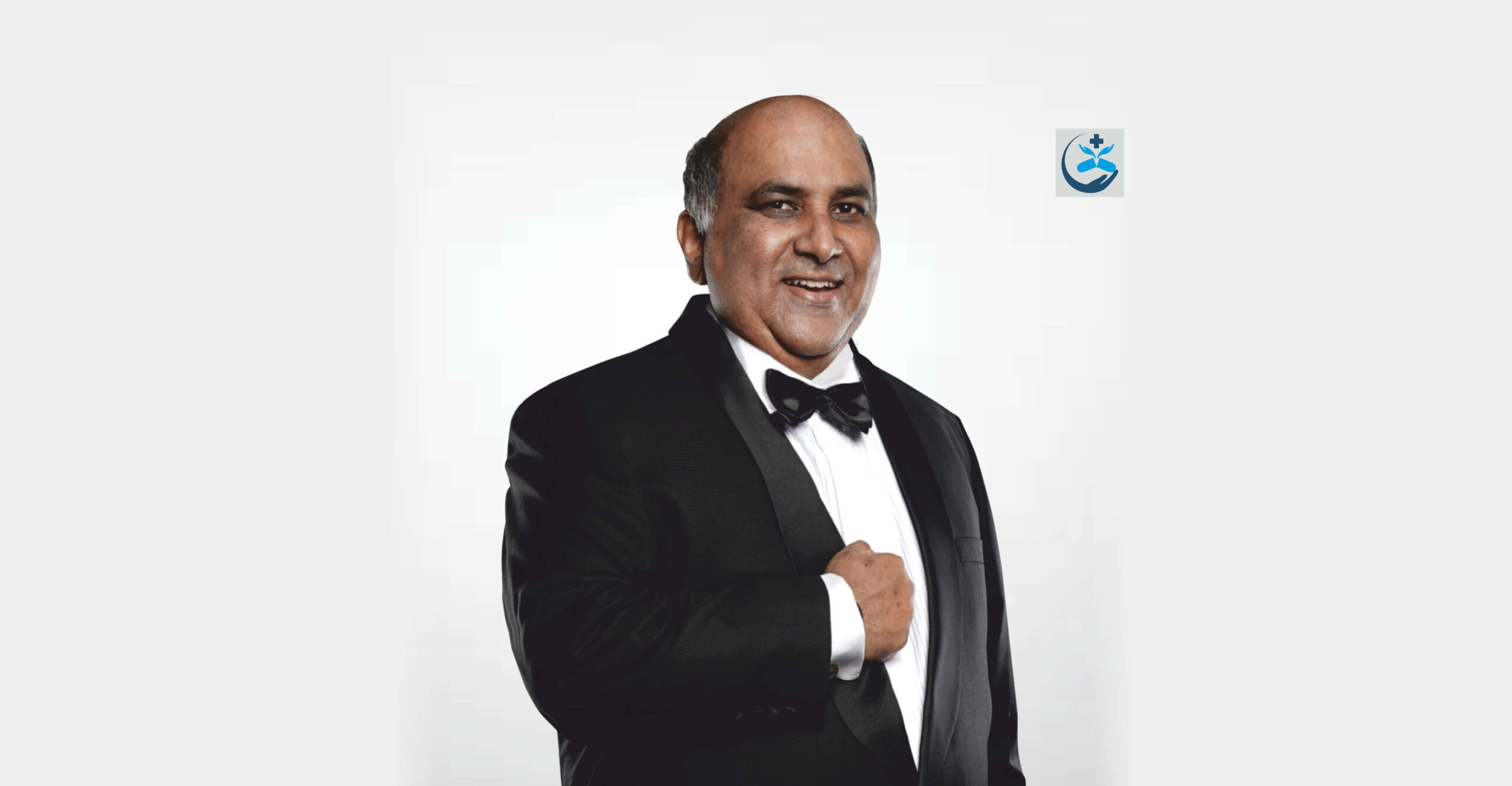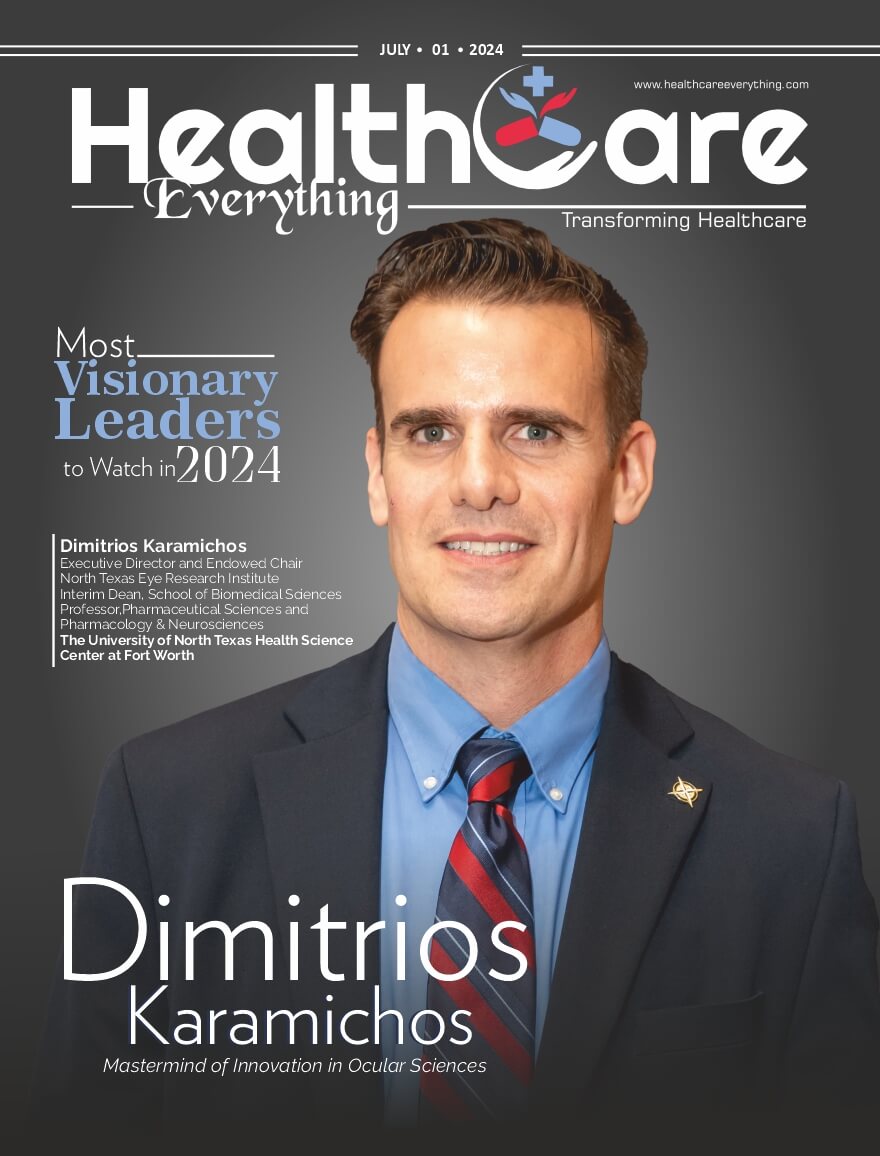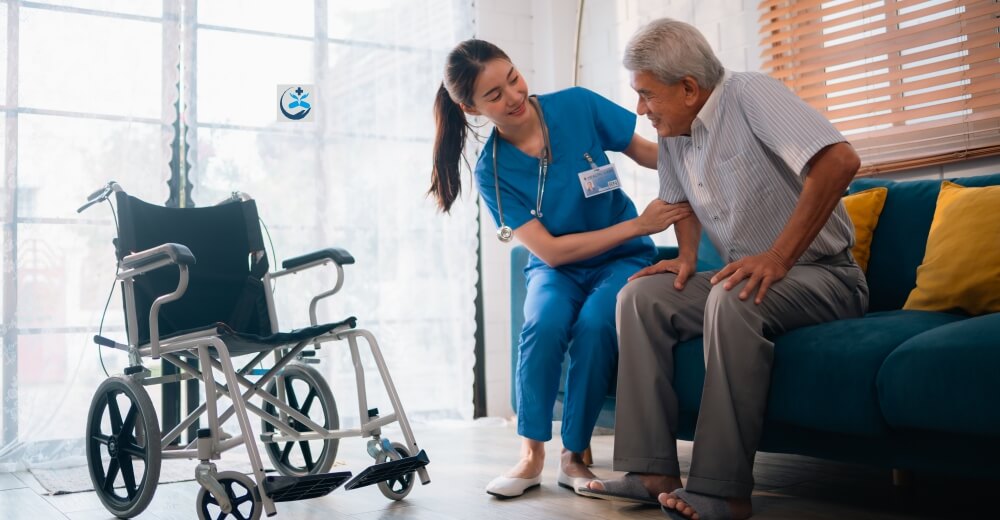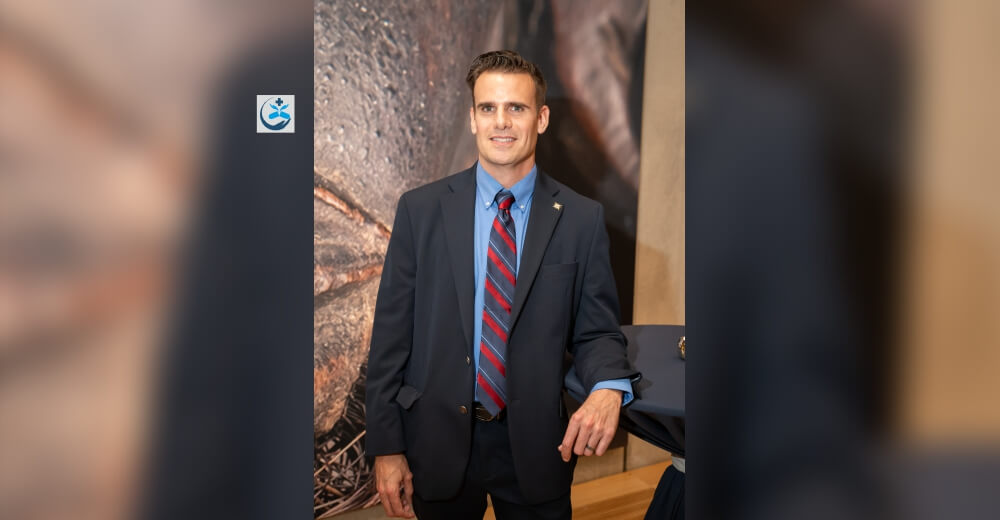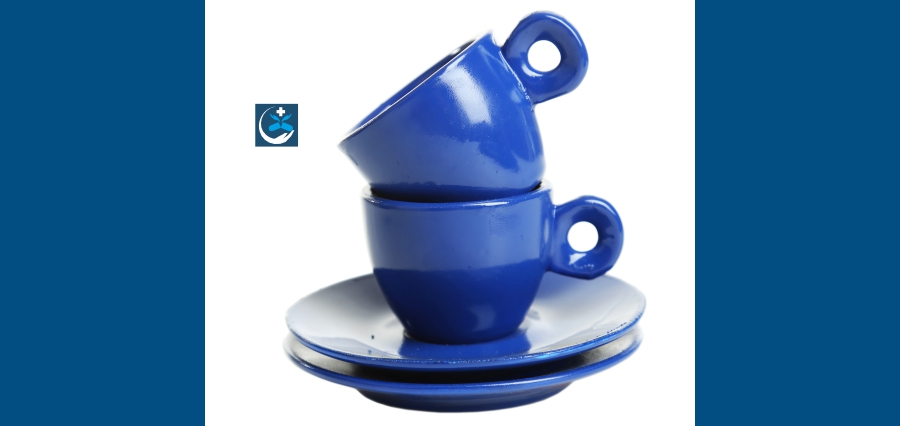A healthcare expert, reminiscing his younger days on a talk show, shares a memorable incident. This individual says, “As I was walking on the shore, I was delighted to find a memoir. Unfolding the small note, I was astonished to see how ancient it was.”
It read: It’s 1/2/1561 today, probably three days more before I knock on the doors of heaven. I am not sure what happened, but most say it’s the tumor. The ailment is slowly making me lose all my abilities; only if it could have been detected earlier, only if I could afford a visit to the doctor, could I have been alive for a few more years now. But these remaining days, I want to make sure I live my life to the fullest and sail to heaven along with the sea waves. I hope in the coming times, it all gets better.
“The note ended,” concludes the expert.
The echoes of such words are still felt today, but technological adaptations and ever-evolving human intelligence have largely changed this five centuries old scenario.
The solutions have led to a revamped healthcare system that focuses immensely on the right diagnosis, scientifically advanced treatments, accessibility, affordability, and efficient delivery of medical services. To encourage the reach beyond social restrictions, most hospitals over the globe are evidently incorporating these changes to never let the realities of the past become the essence of the future anymore.
One such hospital delivering on the technological innovation segment is Malaysia’s Beacon Hospital, which focuses on highly accurate radiation treatment and offers curative radiotherapy treatment with minimal damage or side effects to the normal tissue, which has therapeutic advantages in terms of good local control and low toxicity for his patients. They are providing this technology at a cost that is affordable to all its patients.
Guiding the hospital is its Medical Director and Consultant Clinical Oncologist – Dato’ Dr. Mohamed Ibrahim Bin Dato’ Hj. Abdul Wahid; he has a long journey and experience in the field of cancer care and is today leading a positive change in the healthcare industry.
Let us dive into their story of how they are transforming affected lives and spreading happiness!
The Take-off
Dato’ Dr. Ibrahim started his journey with his basic training in Cardiff, UK, and postgraduate training at Velindre Hospital in Cardiff and the Royal Free Hospital in London. He then came back to Malaysia in 1993, where he was appointed as a lecturer in oncology at University Hospital KL.
There his task was to build a cancer center for a university hospital, and then he was appointed as the first head of the department in 1997. In 2000, he left for a private hospital in Pantai and subsequently joined Wijaya Hospital, which was later known as Beacon Hospital in 2007, as a full-time medical director and clinical oncologist.
Speaking about his notable achievements during the course, he shares, “In 2008, I was elected as the President of the Malaysian Oncological Society up to 2012. I was also the president of the Asian and Pacific Federation of Organization for Cancer Research and Control (APFOCC) from 2010-2012. In 2013-2014, I was the President of the South East Asia Radiology Oncology Group (SEAROG).”
He also served as the vice president of the College of Radiology from 2014-2018. Finally, in 2020, he was appointed as the chairman of the board of directors for Beacon Hospital.
Role of the Beacon of the Hospital
The Medical Director of Beacon hospital believes that cancer treatment requires multidisciplinary care not only in oncology but also in palliative care, hematology, surgery, and physicians from various specialties. Therefore, he says, “My vision is to transform Beacon Hospital into a specialist hospital focusing on cancer treatment.”
For this reason, he underscores the need to have an integrated approach to cancer treatment so that patients will get the best care and best treatment for cancer; this is enabled by his vast pool of service and knowledge gained over the years.
Bringing Experience into Play
After Dato’ Dr. Ibrahim returned to Malaysia as a lecturer in a university hospital, he continued to pursue further specialist training in oncology and also in radiotherapy. He did a clinical attachment at the Daniel den Hoed Cancer Center in the Netherlands to do brachytherapy and also spent time at Stanford University in the USA in oncology.
Further, he continued his specialist training at MD Anderson Cancer Center in Texas and Loyola University in Chicago, focusing on the latest advancements and latest treatment techniques in oncology.
He shares, “With all those background training, I managed to introduce cutting-edge treatment techniques to Malaysia at university hospital, and I brought in 3D conformal radiotherapy and multi-leaf collimator, which were the latest cutting-edge technologies in the region at that time. No other hospital in Malaysia or in Southeast Asia had those technologies.”
University Hospital became one of the first few filmless and fully computerized centers with the latest software for cancer treatment. In 2005, Wijaya Hospital or later known as Beacon Hospital was the first center to acquire Cyberknife in the region and he proudly shares that he was one of the first few doctors trained in this stereotactic technology. He was also the first to introduce stereotactic body radiation treatment in Southeast Asia. Apart from this, the hospital offers its patients a basket of products and services to choose from in their healing process.
Pool of Options
The key services in Beacon Hospital are delivering cutting-edge radiotherapy and offering the latest technology in cancer care which is only available in key major teaching hospitals in Europe and the US. He says, “However, we are proud that we are able to offer such technology in this private center, making us one of the key advanced cancer centers in the region.”
The Machines in Focus
With all the new technology and new innovations in radiotherapy, he and his team at the hospital are able to focus on highly accurate radiation treatment and are able to offer curative radiotherapy treatment with minimal damage or side effects to the normal tissue. According to Dato’ Dr. Ibrahim, this has therapeutic advantages in terms of good local control and low toxicity for his patients.
Talking about the technological edge of the hospital, he expresses, “In Beacon Hospital, we not only try to bring in cutting-edge technology but also those technologies that, although using very expensive machines, have managed to curb the cost of treatment.”
This approach has actively made cutting-edge technology affordable to many patients.
To further their reach, they also have a comprehensive Corporate Social Responsibility (CSR) program whereby they help patients who are financially challenged to ensure the good quality treatment at an affordable or low cost despite all odds. He says, “In Beacon, we emphasized helping the patients get their treatment rather than charging an exorbitant fee for the patients to have cutting-edge treatment.” The Medical Director’s approach toward healthcare is highly influenced by the life learnings that have also brought him this far.
Lessons in the Journey
There is a moment in everyone’s lives that impacts their lives profoundly. Sharing about one such experience, Dato’ Dr. Ibrahim, “When I first came back to Malaysia, there were very few oncologists. We were relying on very basic technology. At that time, I was using machines in a government hospital, and we had a long waiting list, and the machines were unreliable and broke down frequently, resulting in a stretched waiting time for treatments.”
Continuing the story, he says, “Also, the side effects were quite profound with the older machine. A lot of patients complained about the toxicity and the devastating damage caused by radiation. I felt that we had to change the way we managed patients with radiation. Hence, bringing in new technology with more precise and accurate techniques was essential in cutting down on the morbidity of treatment.”
Based on this, he and his team at the hospital worked on improving their treatment techniques using such technology until they could achieve higher success rates along with the least toxicity. He aims to enhance this further and deliver awarding results to his patients.
Towards Brighter Days
As per Dato’ Dr. Ibrahim’s observations, he sees a huge unmet need in Malaysia. He shares, “When I first came back, there were only less than 20 oncologists, and there were very few cancer centers. Currently, there are more oncologist in Malaysia; however, cancer centers are not evenly distributed around the country.”
He envisions having cancer services in every major city so that patients do not have to travel far to get treatment. With this, he believes that he can improve a patient’s outcome.
Sharing insights on the upcoming work of the hospital, he says, “Our future goals include not only good access to cancer treatment but also making cutting-edge technology affordable to people. In Beacon, we emphasize high-quality treatment at a very competitive cost. We do not compromise on quality, and we do not discriminate on affordability.”
Because for him, it is a must that all patients deserve treatment regardless of status.
To light this torch in every young fellow, he wishes to inspire budding entrepreneurs interested in entering this field with his stories and wise words.
The Road to Take
Radiation therapy is continually evolving, and hence Dato’ Dr. Ibrahim feels that junior doctors should not limit themselves to just reading and learning from textbooks alone.
He believes that they should venture forth and do clinical attachment in a technically advanced cancer treatment center overseas so that they can enhance their knowledge and also their vision in terms of new techniques.
He says, “I find that it is very important that you should not confine yourself to just learning in one institution alone or just continue without venturing into newer areas. It is unfortunate that in our training scheme, we do not have the opportunity for our juniors to have a period of attachment overseas. I really would like to urge my juniors to think outside the box and also venture into this area, and do not be afraid to explore unchartered territories.”
Emphasizing the significant aspect, he says, “In oncology, you need to be innovative. You need to see what others do not see and do what others people do not do. Only with such philosophy will you be able to be innovative and successful in a competitive world.”
Next Story: https://healthcareeverything.com/gruppo-san-donato-gsd-a-holistic-view-of-patients-well-being/

